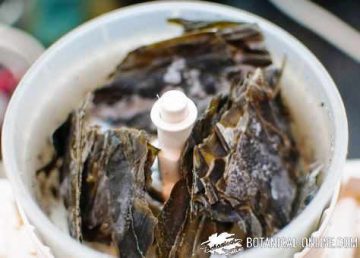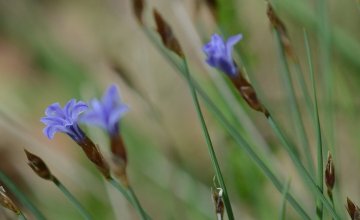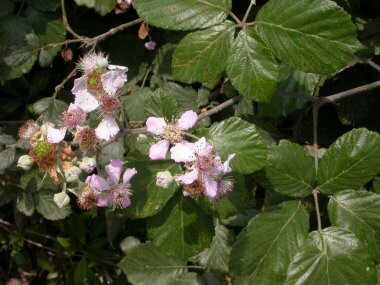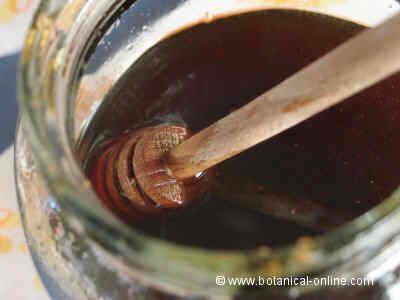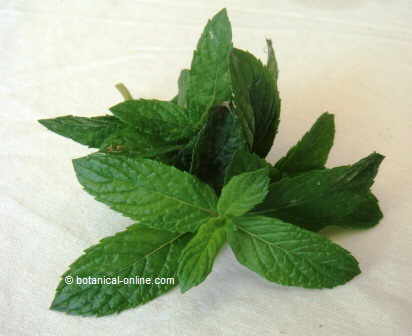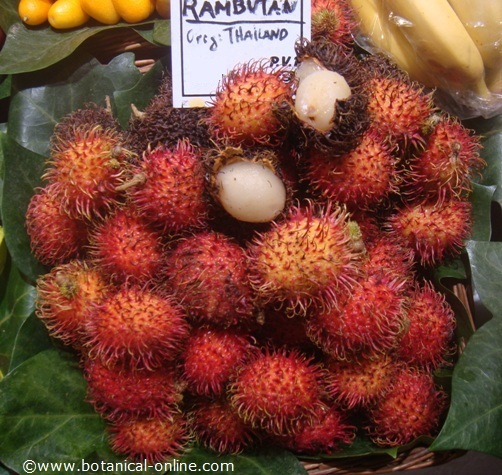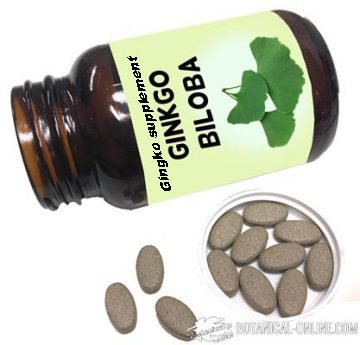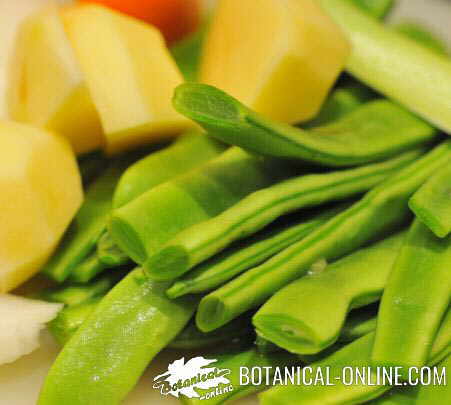Contents
Properties of kombu (Saccharina japonica L.)
What properties does kombu seaweed have?

We prepare a crushed kombu seaweed condiment that serves as if it were a mineralizing “salt”, used sparingly due to its iodine content. Antioxidant: Brown algae such as kombu, wakame, arame, cochayuyo, etc. They contain many photosynthetic pigments such as chlorophyll and xanthophylls, with antioxidant and cleansing properties. These components counteract free radicals that form in the body and help prevent premature aging.
- Improve intestinal flora: The type of fiber provided by these seaweeds is susceptible to fermentation by colon bacteria, helps to improve the fermentative or “healthy” intestinal flora, and improves constipation. It favors the evacuation in case of hemorrhoids. (Accompany with a diet rich in fiber and hydration)
- High calcium food: Seaweeds have a very high content in calcium, being one of the food groups with the greatest wealth in this mineral. In 30 grams of dried wakame seaweed, almost as much calcium is provided as with half a glass of milk.
- Osteoporosis: Due to its content of calcium, magnesium and other minerals, wakame seaweed is very suitable in menopause, for people with bone problems, and in general, as a calcium intake in vegetarian and vegan diets and who are recommended to take a diet rich in calcium.
- Athletes: Seaweeds are rich in minerals and trace elements, which will help them mineralize the body after wear and tear and losses caused by exercise and sweat.
Kombu seaweed and its fiber for the heart
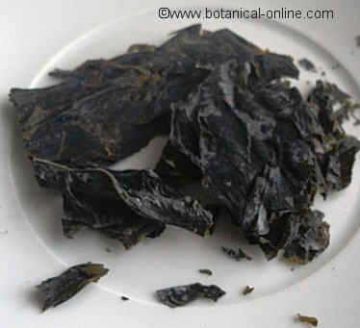
Due to its high fiber content (laminarans, alginates, fucans and cellulose), kombu seaweed helps reduce cholesterol levels, when consumed regularly and accompanied by a cholesterol-lowering diet.
Its fucans (type of fiber) are also beneficial for the heart by preventing the formation of blood clots. This type of fiber is not found in terrestrial vegetables, it is exclusive to brown algae like kombu.
Kombu seaweed is a food with a lot of potassium, like all seaweeds in general. This mineral is essential for the proper functioning of the heart muscle and is recommended in case of heart disease.
Diuretic medications used to treat hypertension can cause excessive potassium elimination, so it will also help offset potassium losses in people taking medications. Since these algae are highly concentrated in minerals, 1 serving a day is sufficient.
Kombu seaweed in naturopathic and oriental dietetics
Traditional Chinese Medicine considers seaweeds to be a food of a cooling thermal nature, which is recommended for symptoms of heat: hypertension, sweating, heartburn, dry constipation, in menopause, etc.
Kombu seaweed is considered to have the property of moistening by increasing yin fluids. It nourishes the water element, which makes it beneficial for kidney and bladder problems (urinary tract infections, cystitis…). This property also corresponds to the theory of food color.

With anticoagulant effect on the blood, properties of increasing the depth of breathing and restoring tired muscles, it helps to lose weight, also to gain weight, eradicates the excessive development of Candida and other fungi.
In external use it is used to beautify the face and for cellulite.
Contraindications of kombu seaweed for thyroid diseases
You should NOT eat seaweeds of any kind in case of hyperthyroidism. In diets for hyperthyroidism, foods very rich in iodine such as iodized salt and seaweed should be eliminated.
Consuming too high iodine can cause thyroid disorders (eating too much seaweed daily, or eating too much iodized salt, for example).
Recipes with kombu seaweed
![]() More information on seaweeds
More information on seaweeds

